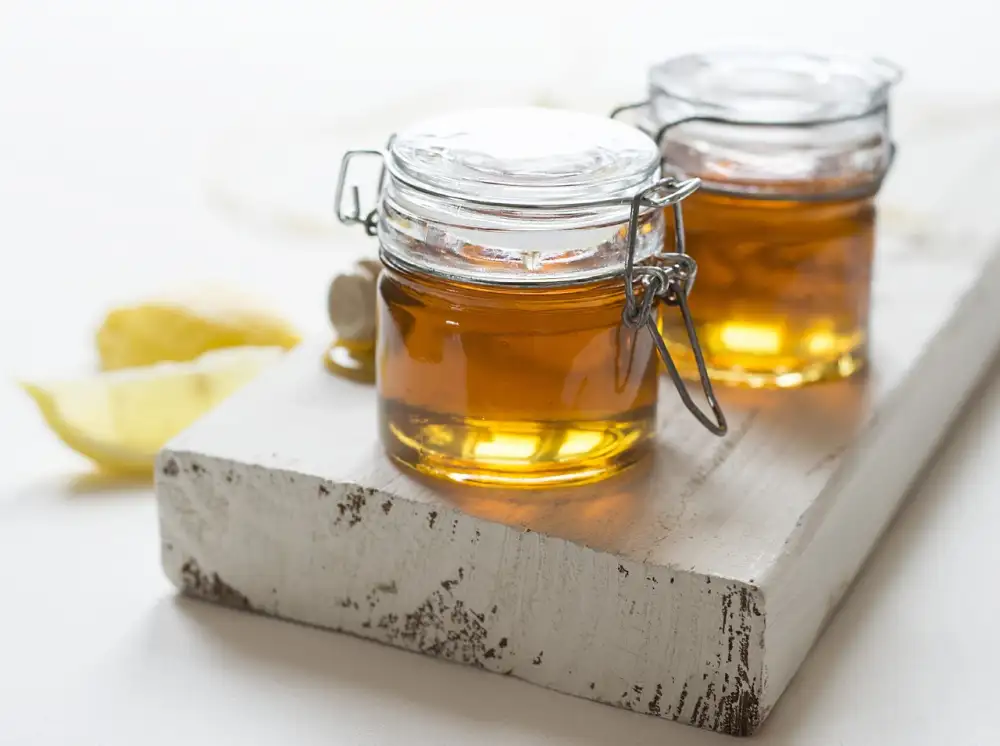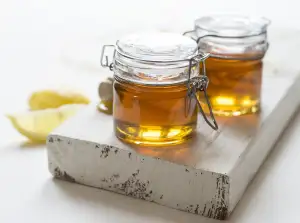DIY Bunion Corrector: Natural Remedies for Foot Health

Bunions are a common foot deformity that affects the joint at the base of the big toe. They appear as a bony bump on the side of the foot, causing the big toe to lean towards the second toe. This misalignment can result in pain, swelling, redness, and limited movement of the affected toe. Bunions can be caused by genetics, wearing tight shoes, or having certain medical conditions like arthritis. It is essential to address bunions early on to prevent further discomfort and potential complications.
Causes and Symptoms of Bunions
Bunions are a common foot deformity that primarily affects the joint at the base of the big toe. The exact cause of bunions is not always clear, but they are often linked to wearing tight or ill-fitting shoes, particularly high heels or narrow-toed shoes. Genetics can also play a role in their development. Symptoms of bunions include pain and tenderness at the base of the big toe, redness and inflammation, a visible bump on the side of the foot, and difficulty moving the affected toe. If left untreated, bunions can worsen over time and lead to additional complications such as bursitis or hammertoe.
Importance of Correcting Bunions
Bunions can cause significant discomfort and pain, impacting one's ability to walk and engage in daily activities. If left untreated, bunions can worsen over time, leading to more severe foot deformities and potential complications. Correcting bunions is important not only for relieving pain and discomfort but also for preventing further progression of the condition. By addressing bunions early on with proper treatment and corrective measures, individuals can improve their foot health and overall quality of life.
Homemade Bunion Corrector Recipes:
a. Turmeric and Olive Oil Paste: Turmeric has anti-inflammatory properties that can help reduce swelling and pain associated with bunions. Mix turmeric powder with olive oil to form a paste. Apply the paste to the affected area, cover with a bandage, and leave it on for 30 minutes before rinsing off.
b. Epsom Salt Soak: Epsom salt is known for its ability to reduce inflammation and soothe sore muscles. Dissolve Epsom salt in warm water and soak your feet for 20-30 minutes daily. This can help alleviate bunion discomfort and promote relaxation.
c. Ice Pack Therapy: Applying an ice pack to the bunion can help numb the area, reduce swelling, and relieve pain. Wrap an ice pack in a thin towel and apply it to the bunion for 15-20 minutes several times a day. Be sure to give your skin breaks between icing sessions to prevent frostbite or skin damage.
Turmeric and Olive Oil Paste
Turmeric and olive oil are known for their anti-inflammatory properties, making them a great combination for relieving bunion pain and swelling. To make the paste, mix 1 tablespoon of turmeric powder with enough olive oil to form a thick paste. Apply this mixture to the affected area, cover it with a bandage, and leave it on for 30 minutes before rinsing off. Turmeric's curcumin compound helps reduce inflammation, while olive oil moisturizes the skin. This remedy can be used daily for best results in alleviating bunion discomfort.
Epsom Salt Soak
Epsom salt, also known as magnesium sulfate, is a popular remedy for various foot conditions, including bunions. Soaking your feet in warm water mixed with Epsom salt can help reduce inflammation and relieve pain associated with bunions. The magnesium in Epsom salt is known for its anti-inflammatory properties, which can help soothe sore muscles and joints. To make an Epsom salt soak, dissolve half a cup of Epsom salt in a basin of warm water and soak your feet for 20-30 minutes. Repeat this process daily for best results in managing bunion discomfort.
Ice Pack Therapy
Ice Pack Therapy is a simple yet effective way to alleviate pain and reduce inflammation associated with bunions. By applying an ice pack to the affected area for 15-20 minutes several times a day, you can help numb the area, decrease swelling, and provide relief from discomfort. The cold temperature constricts blood vessels, which can help reduce inflammation and pain. Make sure to wrap the ice pack in a thin towel to protect your skin from frostbite. Ice pack therapy can be used in conjunction with other bunion correctors for enhanced results.
Tips for Using Homemade Correctors
1. Consistency is key: For effective results, apply the homemade bunion correctors regularly as instructed. It may take time to see improvements, so patience is crucial.
2. Follow proper technique: When applying the turmeric and olive oil paste or soaking your feet in an Epsom salt solution, ensure you cover the affected area thoroughly and leave it on for the recommended duration.
3. Monitor your progress: Keep track of any changes in the size or pain level of your bunions while using the homemade remedies. This will help you assess their effectiveness.
4. Combine with foot exercises: Incorporating gentle foot exercises can complement the use of homemade correctors by improving flexibility and strength in the affected area.
5. Wear comfortable footwear: To prevent further aggravation of bunions, opt for shoes that provide ample support and do not put pressure on the bony protrusion.
By following these tips diligently, you can maximize the benefits of homemade bunion correctors and promote better foot health naturally.
When to Consult a Doctor
While homemade bunion correctors can be effective in managing mild cases of bunions, it is important to consult a doctor if you experience severe pain, swelling, or difficulty walking. Additionally, if your bunion does not improve with home remedies or if it worsens over time, seeking medical advice is crucial. A podiatrist can provide a proper diagnosis and recommend appropriate treatment options such as orthotic devices, physical therapy, or in some cases, surgical intervention to correct the bunion deformity. Early intervention can prevent further complications and help maintain the health of your feet in the long run.
In conclusion, bunions can be a painful and uncomfortable condition that affects many individuals. However, with the use of natural remedies like turmeric and olive oil paste, Epsom salt soaks, and ice pack therapy, one can alleviate the symptoms and potentially correct the deformity. These homemade bunion correctors offer a cost-effective and safe alternative to traditional treatments.
It is important to remember that while these remedies can provide relief, they may not completely cure the underlying issue. If the pain persists or worsens, it is crucial to seek medical advice from a podiatrist or orthopedic specialist. Early intervention can prevent further complications and improve overall foot health.
By taking proactive steps to address bunions through natural remedies and seeking professional guidance when necessary, individuals can improve their quality of life and maintain healthy feet for years to come. Remember, prioritizing foot health is essential for overall well-being and mobility.
Published: 14. 04. 2024
Category: Health



